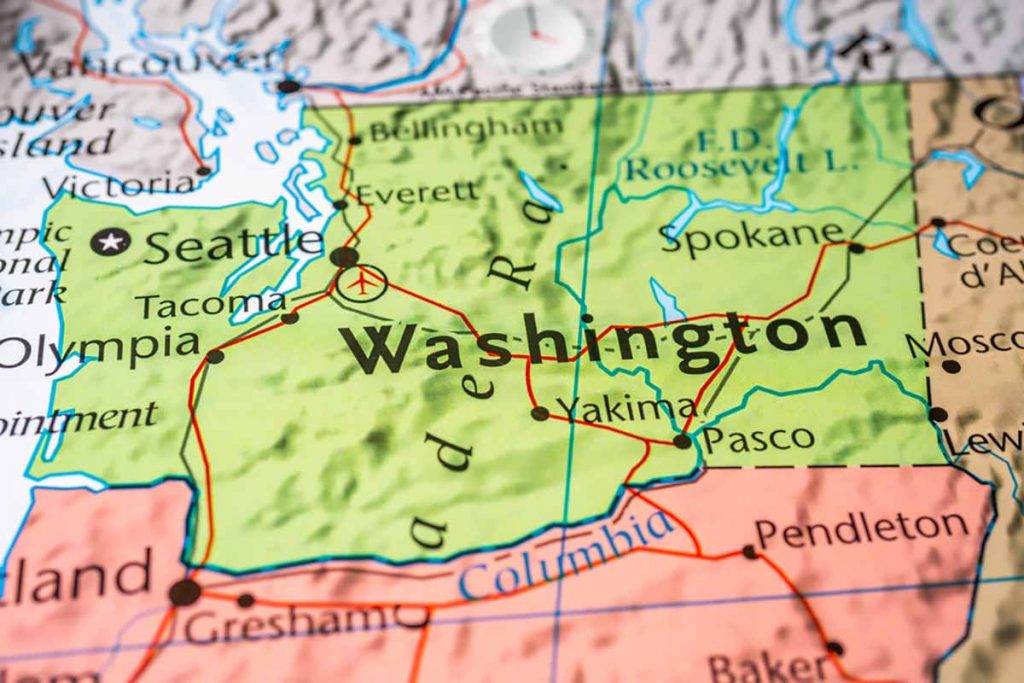
Washington e-scrap collectors handled nearly 15.2 million pounds of covered devices in 2020. | Alexander Lutaskiy / Shutterstock
Washington state processors handled far more flat-panel displays than CRT devices in 2020, continuing a trend that began the year before, according to the state’s annual report.
The Washington Materials Management and Financing Authority (WMMFA), a stewardship group that manages OEMs’ collection obligations under the state’s e-scrap program, reports annually to the Washington Department of Ecology. In recent years, the detailed reports have provided a clear snapshot of shifting collection trends that are applicable to the wider e-scrap industry.
In all, Washington collectors working within the program handled nearly 15.2 million pounds of covered devices in 2020, down 29% from 21.4 million pounds in 2019.
They brought in 12.2 million pounds of TVs, constituting 80.5% of the weight of all devices collected throughout the year. They collected 1.6 million pounds of monitors, making up 10.8%, and 1.3 million pounds of computers, or 8.7%.
The largest decline was in collected TVs, which dropped by 4.8 million pounds, or 28%. In terms of unit counts, collectors brought in 230,000 units of flat-screen TVs, far higher than the 128,000 units of CRT devices that came in. Flat-panel display units first eclipsed CRT devices in 2019, the 11th year of the program.
Collected devices were recycled by six processors: Ace Metal Company (allocated 3.3 million pounds), E-Waste LLC (2.2 million pounds), EWC Group (1.8 million pounds), Metro Metals (6.7 million pounds between two company locations), and URT (1.1 million pounds). ERI is also an approved processor but was not allocated weight during 2020.
The processors also report how much of each commodity they recovered. In 2020, processors recovered 5.3 million pounds of CRT glass, down from 8.3 million pounds in 2019. They recovered 845,000 pounds of circuit boards, compared with 1.2 million pounds the year before, and 4.4 million pounds of metals, down from 6.1 million pounds. They handled 2.6 million pounds of plastic, down from 3.4 million pounds in 2019.
The annual report also gives an overall cost per pound processed through the state program. In 2020, that came out to 34 cents per pound, up from 32 cents per pound in 2019. The report noted the program’s reserve balance was negatively affected by budget uncertainty, driven by the COVID-19 pandemic.
More stories about EPR/stewardship
- E-Scrap EPR round-up part 3: Illinois and Oregon
- Fire Safety Week highlights battery risks, responses
- E-Scrap EPR round-up part 2: California



